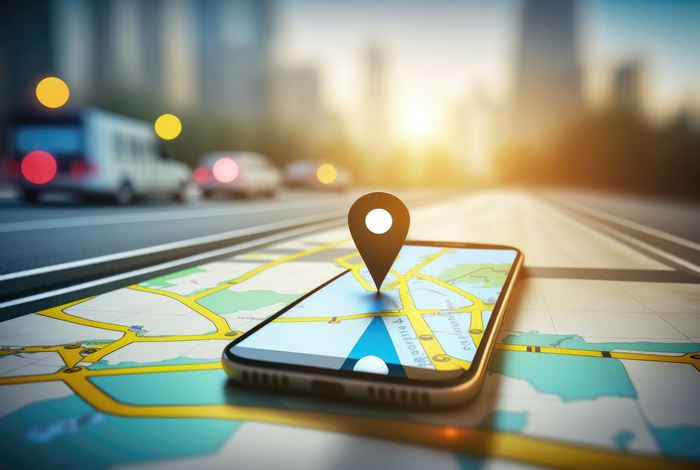GPS Forensics
Location data is often of great interest in litigation when attempting to establish or challenge an alibi. Today, almost every smartphone has a GPS receiver. This GPS data is used to track your location even when you are not using navigation software or applications. It uses this information to provide you with restaurant recommendations near you, tag your Instagram photos with geolocation data, allow you to see who is near you from your LinkedIn network, or tell you how long your drive home might take with current traffic.
Other than the mobile phone, GPS devices today include personal GPS devices and auto, aviation, and marine devices. Envista has certified GPS examiners on staff who can properly collect data from GPS devices in a forensically sound manner and analyze the data using state-of-the-art forensic tools and mapping technology.
Understanding Global Positioning System (GPS) Forensics
With GPS, each satellite in the system transmits navigation data toward the Earth that contains the satellite's position, a timestamp, and the health of the satellite. When a GPS device can receive signals from at least three satellites at once, the device itself can calculate its position in two dimensions, latitude and longitude. This process is called triangulation.
For a GPS device to calculate its position vertically for altitude, it must be able to receive signals from at least four satellites at the same time. This process is called trilateration.
The satellite signal data is refreshed every 30 seconds, once at the top of the minute and the bottom of the minute.
For the device to calculate its position, it needs to know the position of each of the satellites, the time it took for the signal to reach the device itself, and whether the satellite is healthy. Since the satellite travels at a known velocity, the data provides enough information for the device to perform the calculations.
The data contained in the signal is used by the GPS device to perform calculations not only for a position but also for direction (orientation) and speed. Bear in mind that direction and speed are derived values based on how the device is programmed to perform the calculations. Since device software is proprietary, the exact method and accuracy of the derived calculations can vary by manufacturer and model.
Data Collected from GPS Devices
While the most basic GPS units only record waypoints and track points, GPS-enabled cellular phones and connected GPS units can contain a great deal more data that may be of evidentiary value.
Information from GPS devices can include:
- Historic locations
- Favourite locations
- Trackpoints (locations where the GPS has been)
- Tracklogs (complete list of track points the unit has created)
- Waypoints (locations where the user was physically and saved as a location of interest)
- Routes (custom series of waypoints created by a user to navigate in a specific order)
Please visit our expert directory.

















